EU PARTNERS
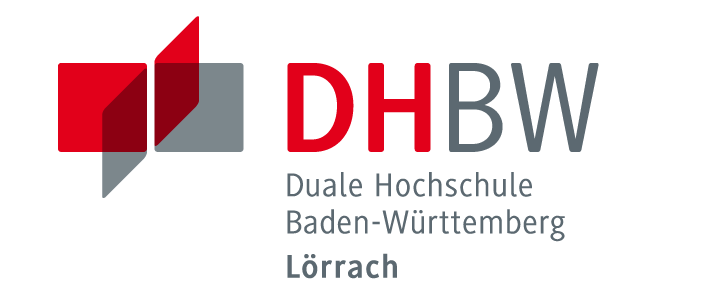 Duale Hochschule Baden-Wurttemberg (P10-DHBW/DE) is the preeminent German university when it comes to dual studies. It a public institution, and the only HEI that offers only dual studies. Founded in 2009, DHBW traces its roots back to the 40-year success story of the University of Cooperative Education (Berufsakademie Baden-Wuerttemberg). DHBW regards companies and social institutions as equal partners. All partners work together to develop and improve the ‘dual concept’ and to achieve mutual goals. With this strategy, DHBW provides a route to sought-after academic qualifications while enabling students to gain extensive practical experience. This allows DHBW graduates to take on challenging tasks early in their careers.
Duale Hochschule Baden-Wurttemberg (P10-DHBW/DE) is the preeminent German university when it comes to dual studies. It a public institution, and the only HEI that offers only dual studies. Founded in 2009, DHBW traces its roots back to the 40-year success story of the University of Cooperative Education (Berufsakademie Baden-Wuerttemberg). DHBW regards companies and social institutions as equal partners. All partners work together to develop and improve the ‘dual concept’ and to achieve mutual goals. With this strategy, DHBW provides a route to sought-after academic qualifications while enabling students to gain extensive practical experience. This allows DHBW graduates to take on challenging tasks early in their careers.
DHBW combines academic studies and on-the-job training with over 10,000 partner companies in Germany. Today, DHBW has 34,000 students in 9 locations and more than 145,000 graduates. DHBW offers a broad range of accredited programmes in the fields of business, engineering, and social work. DHBW focuses its research on the development of innovative quality concepts in cooperation with industry partners stimulating educational innovation.
The Tourism Management Department of the DHBW Loerrach, was founded in 2004 and offers students a rigorous academic, as well as practice-oriented, international program of tourism studies in cooperation with partner organisations. Students are also encouraged to spend part of their studies (either theoretical or practical) abroad at partner universities and organizations. Students benefit from the intensive three year (salaried) work experience in their companies as well as from their academic studies in small groups with professors and qualified practitioners from the field.
Over the last 4 years, DHBW has undertaken several EU funded research programs in the area of university-industry partnerships, and is leading a consortium of diverse HEIs to improve the strategic triangle of students, universities and industry.
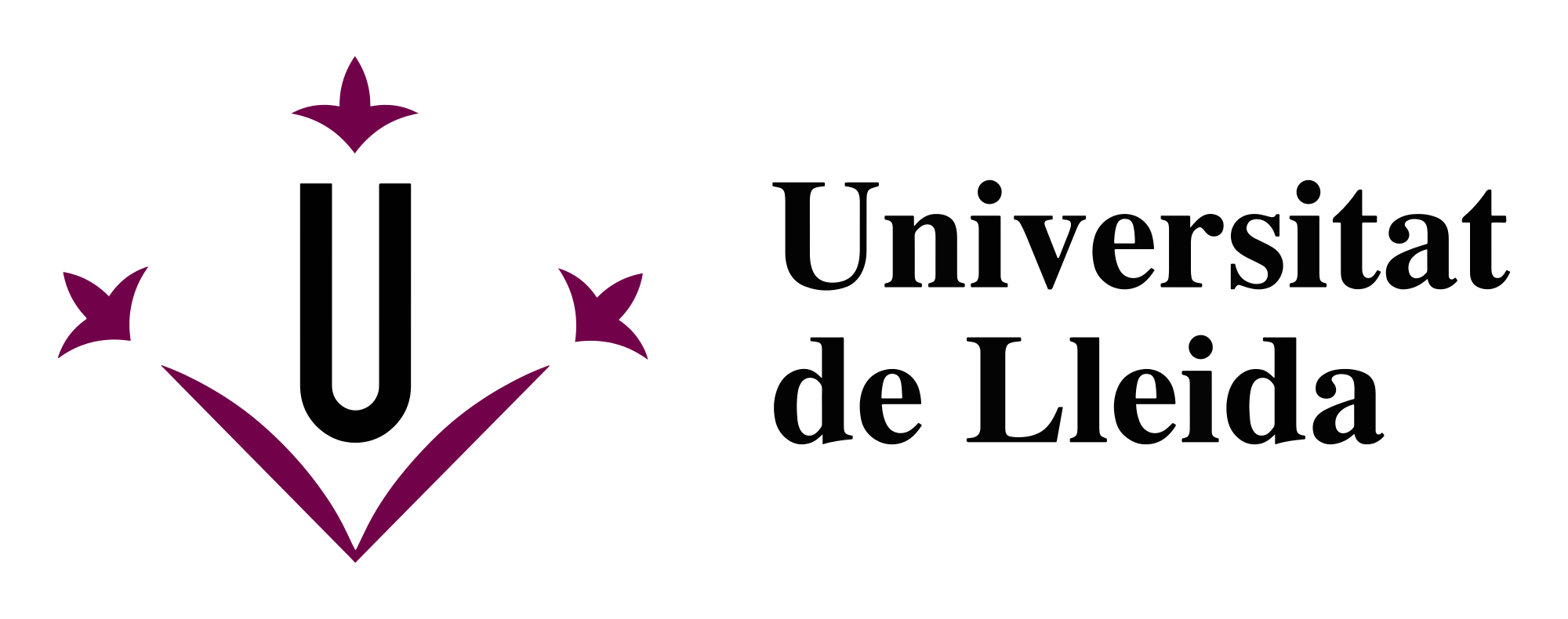 The University of Lleida (P11-UdL/ES) is a part of the public university system of Catalonia. It has about 11.000 students including undergraduate, master and doctorate levels, covering a wide range of knowledge fields, from health sciences and medicine, agronomics, law and economy, educational sciences, humanities and engineering. Its research specialization fields are agro food technology, bio medics, sustainable technology and social development. It has about 600 faculty members.
The University of Lleida (P11-UdL/ES) is a part of the public university system of Catalonia. It has about 11.000 students including undergraduate, master and doctorate levels, covering a wide range of knowledge fields, from health sciences and medicine, agronomics, law and economy, educational sciences, humanities and engineering. Its research specialization fields are agro food technology, bio medics, sustainable technology and social development. It has about 600 faculty members.
The UdL provides high standards of teaching with quality services throughout the university community that reach society beyond the campus gates. Students make up most of the UdL community, and main objective is to ensure that they enjoy the teaching and learning processes involved. They will thus be able to develop both at a professional and personal level by following other educational, cultural or leisure activities, and by participating in the UdL to keep it a lively, ever-improving educational institution.
The UdL of the 21st Century is an entrepreneurial university that promotes a comprehensive educational model. It caters for the requirements of different educational contexts through its involvement in the development of initiatives to ensure all students have the basic skills, the ability to think for themselves and the tools needed to deal with life as citizens in an ever-changing social arena.
In 2013, the University of Lleida adopted its new strategic plan 2013-2016. With the aim of improving the employability of students, one of the main pillars of the strategic plan is precisely the promotion and development of work integrated learning for graduate and Master programs. To this end university has created a Commission for the development of coop programs, chaired by the vice-rector of Planning, Innovation and Entrepreneurship and supported by the Social Council of the University of Lleida and the Foundation of the University of Lleida.
As a result, during 2012-2103 the first studies on work and training in higher education were implemented through a pilot program training primary teacher in partnership with the Department of Education of the Generalitat of Catalunya.
All the educational programs are certified by AQU (Catalan Agency for University Quality) and ANECA (Spanish Agency). It has a quality system certified by AQU.
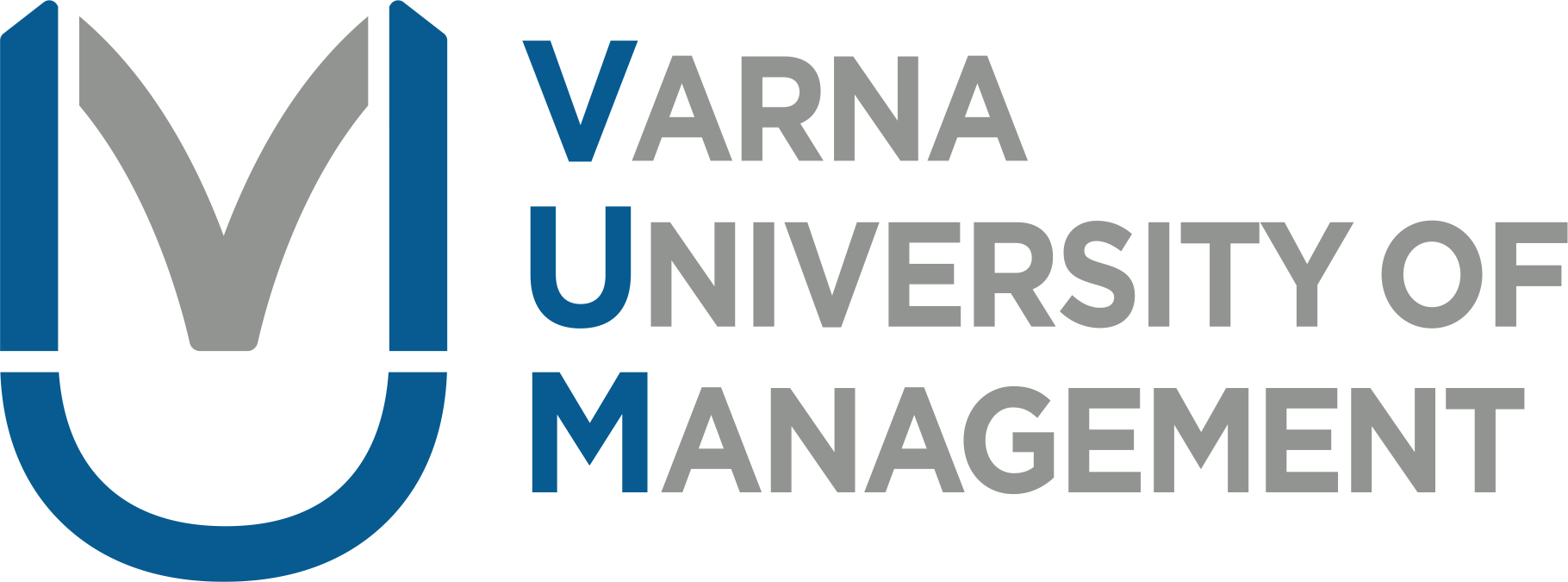 Visshe Uchilishte po Menidzhmant (P12-VUM/BG) (in English Varna University of Management, VUM) is the legal successor of International University College, which was founded in 1999 and converted into a university of applied sciences type of HEI in May 2015. VUM is a private business school with approx. 800 students, over 25% of them being international and coming from more than 40 countries around the world. VUM is specialised in social sciences and offers undergraduate and master programmes in International Business and Management, Business Administration, Software Engineering, Business Information Systems and Tourism and Hospitality. At VUM, all study programmes are fully delivered in English and lead to the award of double degrees offered in collaboration with various universities in the EU and beyond.
Visshe Uchilishte po Menidzhmant (P12-VUM/BG) (in English Varna University of Management, VUM) is the legal successor of International University College, which was founded in 1999 and converted into a university of applied sciences type of HEI in May 2015. VUM is a private business school with approx. 800 students, over 25% of them being international and coming from more than 40 countries around the world. VUM is specialised in social sciences and offers undergraduate and master programmes in International Business and Management, Business Administration, Software Engineering, Business Information Systems and Tourism and Hospitality. At VUM, all study programmes are fully delivered in English and lead to the award of double degrees offered in collaboration with various universities in the EU and beyond.
Over the last 10 years, VUM has embraced internationalisation as a horizontal policy underpinning all institutional activities and domains. VUM has an extensive and sophisticated network of active academic partners in over 60 countries on five continents incl. Asia. Currently, VUM is among the largest beneficiaries of Erasmus+ International Credit Mobility programme (ICM) in Bulgaria. Since ICM launch in 2015, in the framework of five consecutive projects, VUM has facilitated over 300 inbound student and staff mobilities from more than 40 universities in 25 countries worldwide. A large majority of the Partner Country HEIs involved in VUM ICM projects are long-term partners the university has collaborated with in the framework of various capacity building aimed projects. These include, inter alia, the Leading and Managing Change in Higher Education (La MANCHE) Tempus IV project (530621), as well as the Building Entrepreneurial Ecosystems to Enhance Higher Education Value-Added for Better Graduate Employability (BEEHIVE) currently ongoing Erasmus+ CBHE project (573936), both coordinated by VUM.
The long-term efforts and commitment of VUM to in-depth internationalisation of the university’s curriculum, campus and community have been also internationally recognised and validated. In 2017, U-Multirank placed VUM among the best 25 performers worldwide in terms of student mobility and international orientation.
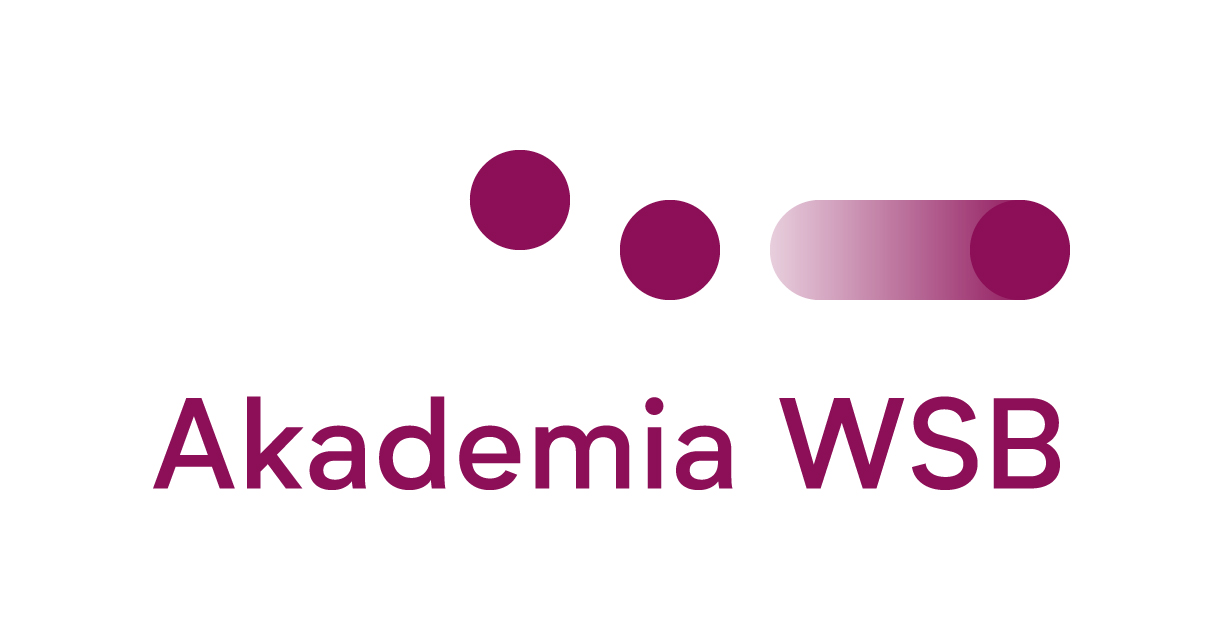 WSB University (P13-AWSB/PL) is the best non-public university in the south of Poland. It offers bachelor, master, PhD and postgraduate courses on 15 different fields of study which are conducted in 3 languages: Polish, English and Russian language. It has over 11 000 students, out of which more than 1000 are international degree seeing students. WSBU is oriented on competence-based approaches to the educational programmes and establishment of closer links to business. This process is aimed to develop employability and entrepreneurial skills of students and recent graduates by means of acquiring and improving the level of key competences and transferable skills of students through implementation of study programmes adapted to labour market demands which are designed with cooperation with the local business sector. At present, WSBU implements some of its study programs on bachelor level (Logistics and Computer science) which are delivered in a formula of dual education in a close cooperation with companies.
WSB University (P13-AWSB/PL) is the best non-public university in the south of Poland. It offers bachelor, master, PhD and postgraduate courses on 15 different fields of study which are conducted in 3 languages: Polish, English and Russian language. It has over 11 000 students, out of which more than 1000 are international degree seeing students. WSBU is oriented on competence-based approaches to the educational programmes and establishment of closer links to business. This process is aimed to develop employability and entrepreneurial skills of students and recent graduates by means of acquiring and improving the level of key competences and transferable skills of students through implementation of study programmes adapted to labour market demands which are designed with cooperation with the local business sector. At present, WSBU implements some of its study programs on bachelor level (Logistics and Computer science) which are delivered in a formula of dual education in a close cooperation with companies.
At present, WSBU implements two study programs on bachelor level (Logistics and Computer science) which are delivered in a formula of dual education in a close cooperation with companies from the IT and TLS sectors.
WSB University has around 600 cooperation agreements with different companies, all of them are active ones. They cover cooperation in the field of organization of joint study programs, joint conferences, seminars and workshops, study visits etc. Representatives of some of these companies are members of the Academic Council of Experts who is an advisory body for the university and sit together with the university academics and management board to advise on the creation of new curricula so that they address the requirements of current labour market and increase the employability of the university students.
Within the structures of WSB University there is a Career Academic Centre (CAC) whose job is to prepare students to be ready to enter labour market once they graduate. This is done by delivery of series of actions to help students acquire soft skills, knowledge and practical experience required on the labour market. CAC delivers to our students: vocational guidance, support in job search, meetings with employers, job interviews, organizes job fairs, soft skills training such as team work, team communication, design thinking, personal branding, problem solving, marketing etc. At the moment, there are 4 staff working in CAC including career advisors and personal coaches.
The employers are looking for the recent graduates to have soft skills developed such as team work , flexibility, motivation etc. That is why CAC delivers a series of training for students that develop their soft skills.
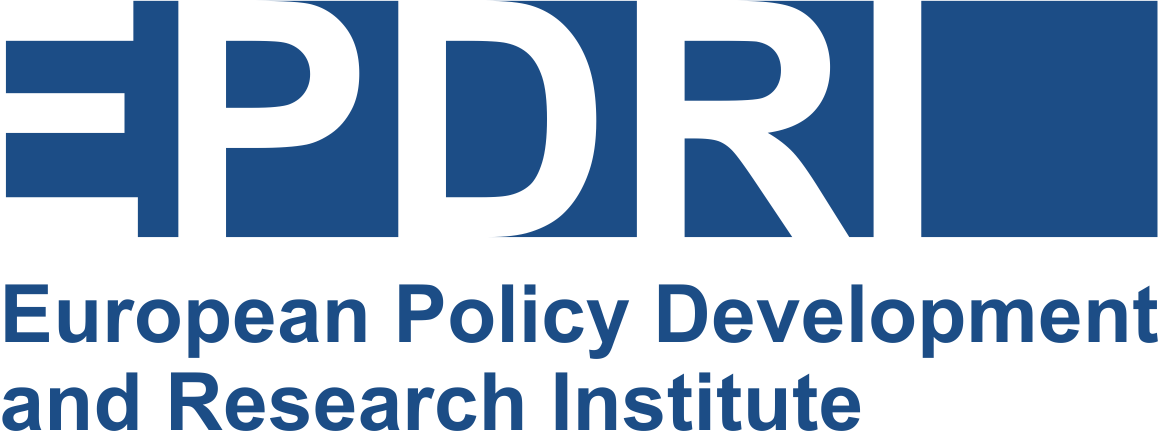 European Policy Development and Research Institute (P14-EPDRI/SI) is a non-profit and multidisciplinary independent organisation which unites international high qualified academic and non-academic individual and collective members with the long-standing expertise. The main strategic focus areas of EPDRI: Educational Development, Regional Development, Good Governance and Reforms, Minorities and Autonomies, Knowledge Communities. One of the aims of EPDRI to advocate a system of higher education that ensures equal educational opportunities, adheres to the principle of quality assurance, promotes international cooperation, supports lifelong learning and meets both the needs of individual and society.
European Policy Development and Research Institute (P14-EPDRI/SI) is a non-profit and multidisciplinary independent organisation which unites international high qualified academic and non-academic individual and collective members with the long-standing expertise. The main strategic focus areas of EPDRI: Educational Development, Regional Development, Good Governance and Reforms, Minorities and Autonomies, Knowledge Communities. One of the aims of EPDRI to advocate a system of higher education that ensures equal educational opportunities, adheres to the principle of quality assurance, promotes international cooperation, supports lifelong learning and meets both the needs of individual and society.
The objective is target mainly on the Eastern Neighbourhood Area and realised through the following specific actions: Internationalisation, Research & Innovation, Quality Assurance, Lifelong Learning, Governance, Autonomy & Finding and Informational & Communication Technologies.
Areas of specific expertise and competence:
- Policy development and research in the main focus areas
- Promotion, coordination, development and evaluation activities in international cooperation.
- Development of education, training, communication and research that are directed to respond to the needs of the social, economic and cultural development.
- Collaboration in the creation and management of teaching, research, development and innovation centers.
- Enhancement of knowledge transfer from the University through advice, encouragement and participation of companies for the use, dissemination and commercialization of knowledge.
- Organization of dissemination activities (scholarships, contests, seminars, courses, conferences, academic meetings etc.).
EPDRI has four employees and numerous freelancers in its members network with specific knowledge related to the culture and creative sector especially related to the relation between the market and the educational institutions
